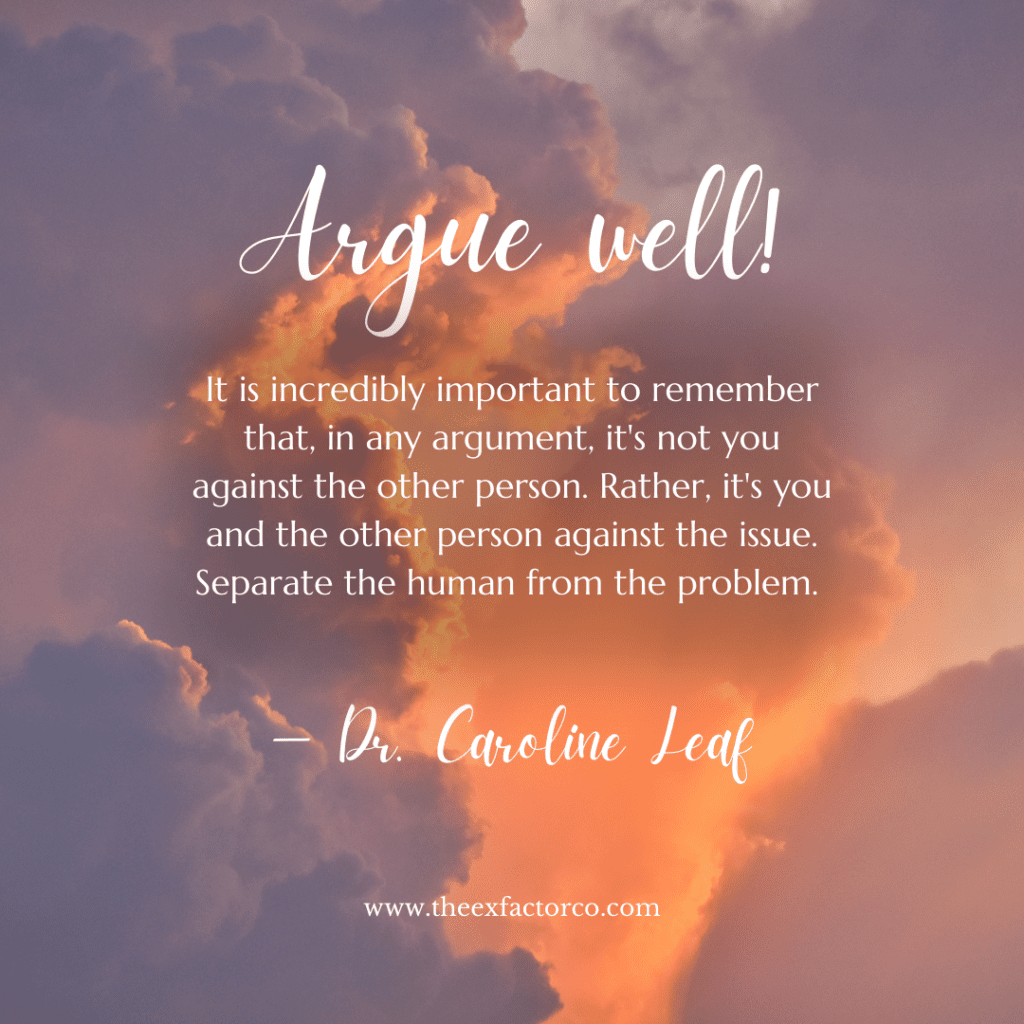Embarking on the divorce transformational journey entails navigating a myriad of emotions and engaging in complex discussions. This blog post delves into the invaluable wisdom that, in moments of disagreement, it’s an opportunity to address issues, not each other. By separating the human from the problem, you create a fertile ground for understanding, growth, and constructive resolution.
The Complexity of Emotions
Divorce often brings forth a tidal wave of emotions—pain, anger, sadness, and confusion. Navigating through this emotional landscape requires a nuanced approach, where communication becomes the bridge to understanding and healing.
Addressing Issues, Not Each Other
In the heat of disagreements, it’s easy to direct our frustration towards the person rather than the problem. However, the transformative journey post-divorce encourages a shift in perspective. Viewing disagreements as opportunities to address specific issues fosters an environment of accountability and growth.
Separating the Human from the Problem
One of the foundational principles in constructive communication is the ability to separate the human from the problem. This means acknowledging that, in any disagreement, there are issues to be resolved, and it’s not a reflection of the person involved. By depersonalizing conflicts, you pave the way for objective discussions and collaborative solutions.
Cultivating Understanding
Constructive communication is a powerful tool for cultivating understanding. It involves active listening, empathy, and a willingness to see the situation from different perspectives. In the divorce transformational journey, understanding becomes a cornerstone for personal growth and mutual respect.
The Role of Growth
Every disagreement, when approached with the intention of addressing issues, becomes a stepping stone for personal and relational growth. It’s an opportunity to learn more about yourself, your needs, and the dynamics that contribute to conflicts. Embracing this growth mindset transforms disagreements from obstacles into catalysts for positive change.
Constructive Resolution
Ultimately, the goal of addressing issues, not each other, is to pave the way for constructive resolution. This involves finding common ground, negotiating compromises, and building a foundation for healthier interactions in the post-divorce landscape.
Ready to embark on a transformative journey towards healing and growth after divorce? Book your eXploratory Call today and discover the personalized support you need. Our experienced divorce transformational coaches are here to listen, understand your unique challenges, and guide you towards a brighter future. During this call, we’ll delve deep into your needs, desires, and goals, ensuring that our coaching program is tailored specifically to you. Take the first step towards reclaiming your happiness and creating a life you love. Schedule your eXploratory Call now and let us help you navigate the path to transformation.
In the comments section, share your experiences with navigating complex emotions and discussions post-divorce. How has adopting a mindset of addressing issues transformed your communication and relationships? Let’s engage in a conversation that sheds light on the power of constructive communication in the divorce transformational journey.
